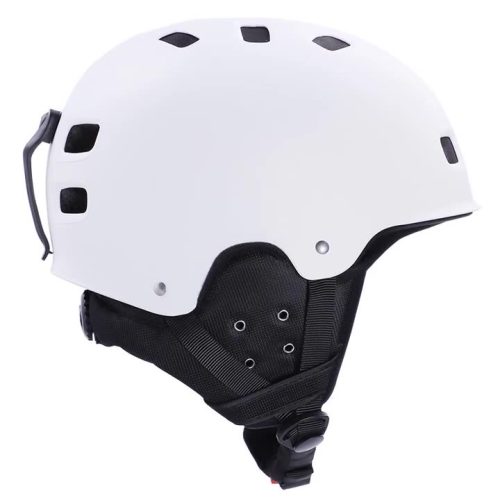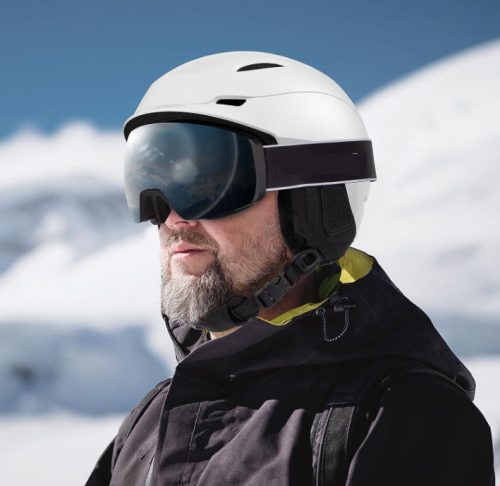Helmet laws vary by location and activity, so it’s important to be aware of the specific regulations that apply to your region and the type of activity you’re engaged in. Here’s what you need to know about helmet laws:
- Types of Activities: Different helmet laws apply to various activities, such as cycling, motorcycling, scootering, skateboarding, and sports like football. Make sure you are aware of the specific regulations for the activity you are participating in.
- Local and National Laws: Helmet laws can vary from one country to another and from one state or province to another within the same country. Be sure to check both local and national regulations to ensure compliance.
- Age Requirements: Many helmet laws have age requirements. For example, some countries or states may require helmets for all cyclists, while others only mandate them for riders under a certain age, often minors.
- Helmet Types: Regulations may specify the type of helmet that is acceptable, such as whether it should meet certain safety standards. Make sure your helmet complies with these requirements.
- Enforcement and Penalties: Be aware of the enforcement of helmet laws in your area and the potential penalties for non-compliance. These penalties may include fines or other legal consequences.
- Exemptions: Some jurisdictions have exemptions to helmet laws for certain situations. For example, individuals with medical conditions that make helmet use unsafe might be exempt. Make sure you are aware of any potential exemptions that apply to your situation.
- Certifications: Look for helmets that are certified to meet safety standards relevant to your activity. For example, bicycle helmets often have CPSC, EN, or Snell certifications, while motorcycle helmets should meet DOT, ECE, or other standards.
- Proper Fit: It’s not just about wearing any helmet; it’s important to wear a properly fitted helmet. Ensure that your helmet fits snugly and securely on your head, with the chin strap properly fastened.
- Helmets for Passengers: In some cases, helmet laws apply not only to the operator of a vehicle (e.g., the motorcycle rider) but also to passengers. Make sure you understand whether this requirement applies to you if you are a passenger.
- Evolving Regulations: Helmet laws can change over time. Stay updated on any changes in the laws that pertain to your activity.
To stay informed and comply with helmet laws, it’s a good idea to check with local and national authorities or regulatory agencies. Additionally, organizations related to your activity (e.g., cycling associations or motorcycling clubs) may provide information on current helmet laws and best practices for helmet use. Wearing a helmet that meets safety standards is a responsible choice for protecting your head while engaging in various activities, even when it’s not required by law.


